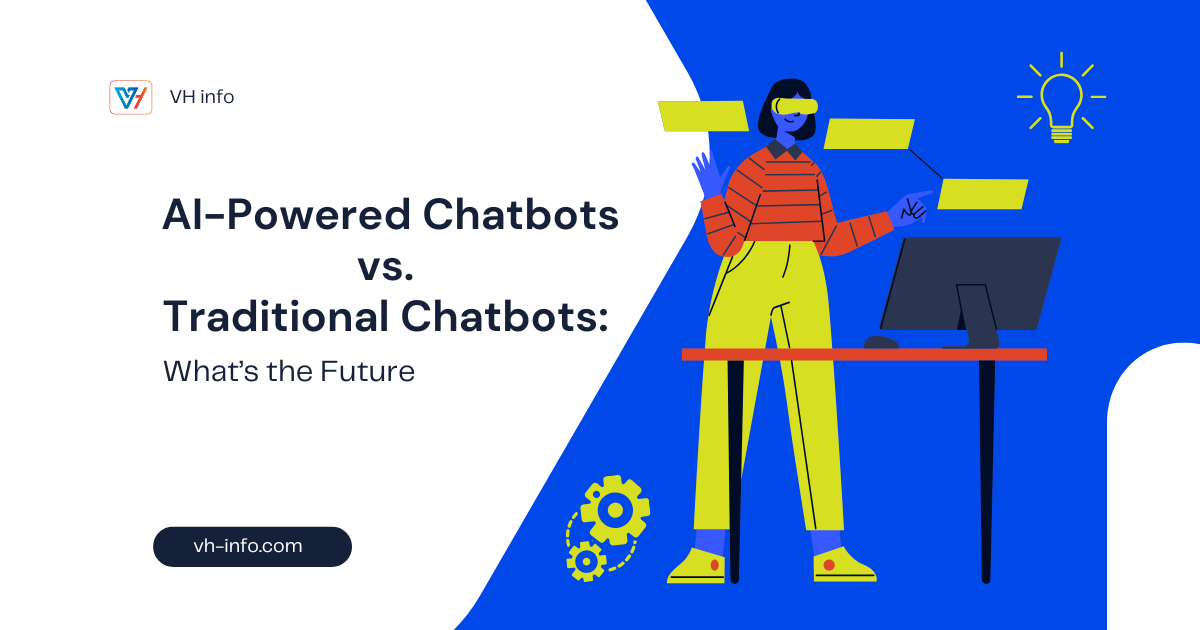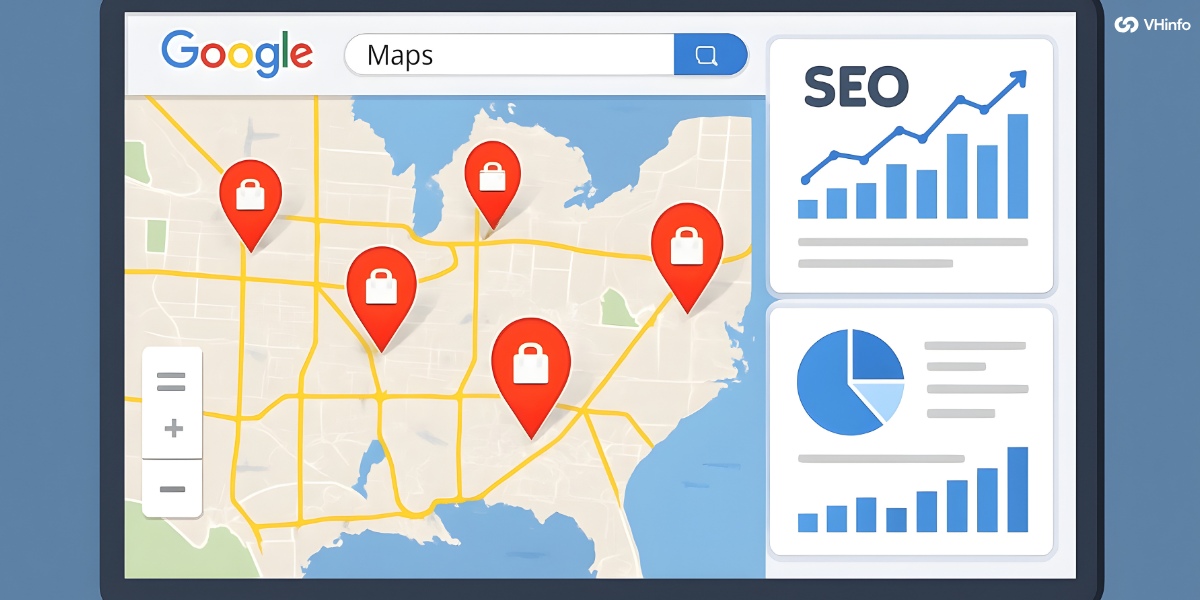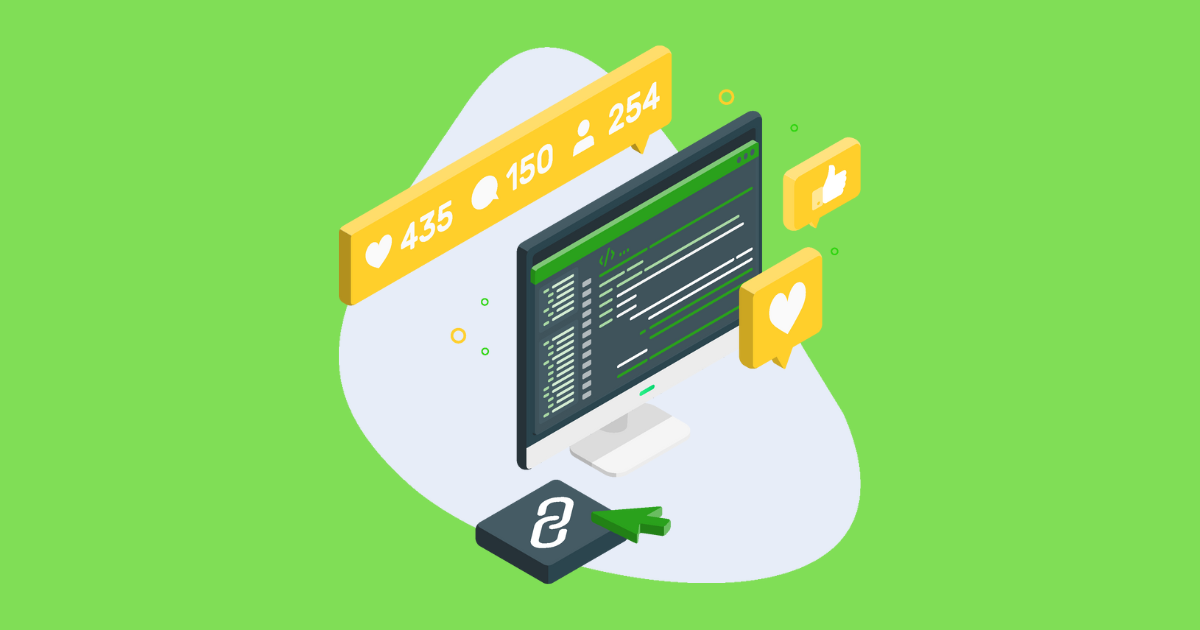AI-powered chatbots featuring conversational AI have become a new norm in businesses. On the other hand, conversational AI is changing keyword-based and rule-based chatbots, as 90 percent of consumers prefer them. Owing to their distinct usability and efficiency, some companies prefer conversational AI, contrary to a few preferring traditional chatbots.
Traditional chatbots evolved under the digital revolution and constantly remained in demand in the market. However, AI revolutionized the business market, leading to the rapid replacement of traditional chatbots. AI chatbots are not only efficient, personalized, and effective, but they also yield better customer satisfaction.
What’s the Future of Chatbots?
The future of chatbots is clear: AI chatbots will prevail in the market. Conversation AI software such as Siri and Amazon Alexa exemplifies the claim. They can concert with humans, understand their simple to complex commands, and respond appropriately to given data. Moreover, they have much broader data to analyze.
In contrast, keyword-based traditional chatbots are designed on prerequisite scripts and can generate limited responses. They are susceptible to keeping the audience in the loop, moving about simple inquiries, such as the issue, steps to solve it, code generation, and simple message forwarding.
Similarly, rule-based traditional chatbots work in a similar way to keyword-based chatbots. They also follow a predetermined set of instructions and cannot adapt to the situation. AI chatbots, including vitaminise chatbots, are solution-driven, focusing on the context, voiced instructions, and writing data to provide a personalized response to the consumer. Henceforth, AI chatbots are the future.
Benefits of AI Chatbots over Traditional Chatbots
Sophisticated AI Technology
Sophisticated AI Technology consists of natural language processing (NLP) and machine learning (ML). Therefore, they understand the user’s messages promptly and generate quick responses according to the context they provide. However, traditional chatbots cannot undertake complex queries and require human assistance.
Personalisation and Precision
The content generated by conversational AI is more precise and personalized, as it functions on vast amounts of data. Meanwhile, traditional chatbots operate on scripted data while generating linear responses that might not be precise. Likewise, AI chatbots are personalized, owing to systemic advancements.
Better Customer Experience
Customers often prefer human feedback assistance over chatbots due to their efficacy in working on immediate prompts. However, this loophole of traditional chatbots has been fixed by AI chatbots adept at natural language processing. They are time-saving as well as profitable. Just as AI-powered chatbots are transforming customer interactions, tools like SPRY’s AI Scribe are revolutionizing healthcare by automating clinical documentation in real-time. The AI chatbots are redefining customer engagement. In the same way AI is also streamlining education through tools like math ai by aimathsolver, which offers conversational solutions to complex math queries—replacing static calculators and manual solving.
Adaptive and Modern
AI is modern technology, highly flexible to recent inventions, trends, and techniques. Consequently, AI chatbots can easily be trained to increase customer experience. Meanwhile, traditional chatbots lag behind AI chatbots due to their rule-based interface.
Automatic Semantic Understanding
AI chatbots are trained through exposure to multiple observations. Hence, they can generate particular responses and continue the conversation without frequent human assistance. Therefore, AI chatbots possess automatic semantic understanding, unlike traditional chatbots.
Text and Voice Options
AI chatbots are omnichannel and can receive commands in both voice and text forms. Likewise, they can generate responses in both verbal and text. Its omnichannel feature is practical for customers who require auditory or visual support. On the contrary, keyword-based chatbots are only available for text message input and output. Also, there are special AI voicebots that handle customer service on the phone.
Easy integration with data
As AI chatbots are dialogue-based, they are constantly integrated with data. It leads to their unlimited scalability and learning from each interaction. The data remains stored in the software for being used. However, such integration with data is not possible in traditional chatbots.
Advantages of Traditional Chatbots over AI Chatbots
Security and Privacy Concerns
The only brownie point of rule-based or keyword-based chatbots over AI chatbots is that they do not use conversations for statistical analysis and training the software. Henceforth, users find them amicable for their security and privacy. The trust deficit remains the fundamental issue between AI and humans, leading to misunderstandings and gaps.
Conclusion
To put the whole conservation in a nutshell, AI chatbots are the future of businesses. Owing to their effectiveness, personalization, better user experience and satisfaction, immediate systemic responses, omnichannel, and human language understanding. Traditional chatbots lag due to their linear and conservative strategy.



